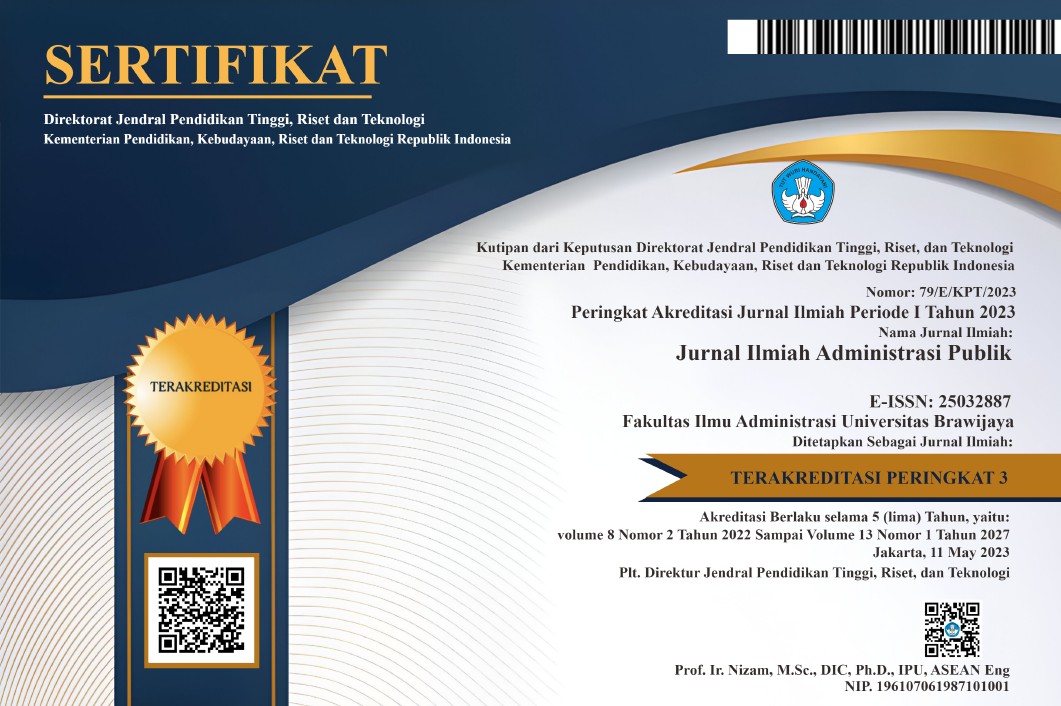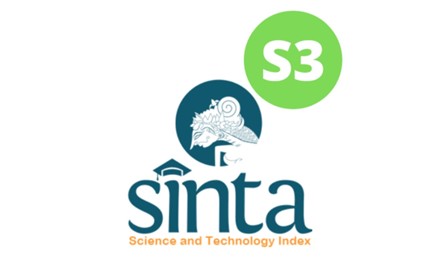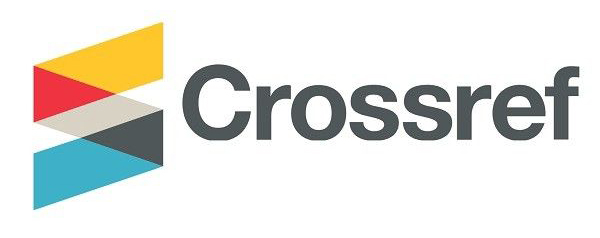Policy Reform Towards Waste Management in Pontianak Municipality, West Kalimantan Indonesia (A SWOT Analysis and Lessons Learned from Kyoto City)
DOI:
https://doi.org/10.21776/ub.jiap.2020.006.01.17Keywords:
SWOT, 3R, waste bank, integrated waste managementAbstract
This study aims to describe the current state of the implementation of waste management as part of public service provision in Pontianak Municipality, West Kalimantan, Indonesia. For this purpose, this study employed a qualitative descriptive approach by applying SWOT analysis accompanied by lessons learned from Japan. The findings indicated that there has been an increase in waste transportation services year by year and that the waste management carried out by Pontianak Municipality still primarily relies on landfill. Waste reduction efforts through 3R programs such as integrated waste treatment plant and waste bank have not shown significant results in reducing the generation of waste. Using SWOT analysis, several factors that affect the performance of waste management in Pontianak Municipality were identified. By considering those influencing factors and learning from best practices executed by Kyoto City, this study suggests that the government needs to develop an integrated waste management based on priority scale with measurable and realistic objectives, particularly those related to reduction and recycling activities as well as stakeholder‘s engagement.
References
Amasuomo, Ebikapade., & Jim Baird. (2016). The Concept of Waste and Waste Management. Journal of Management and Sustainability, Vol. 6, No. 4, pp. 88 – 96. https://doi.org/10.5539/jms.v6n4p88
Amit, Ray. (2008). Waste Management in Developing Asia: Can Trade and Cooperation Help?. The Journal of Environment & Development, Vol. 17, No. 1, pp. 3 – 25. https://doi.org/10.1177/1070496507310742
Arjmandi, Reza., Nasser Moharamnejad., Seyed Masoud Monavari., & Leila Ramezani. (2013). An Introduction to Sustainability Considerations in Integrated Waste Management; An Eco-Efficiency Approach. Advances in Environmental Biology, Vol. 7, No. 14, pp. 4557 – 4561.
Bappeda (Regional Planning and Development Agency). (2015). Medium Term Development Plan of Pontianak Municipality 2015-2019. Pontianak: Bappeda (Regional Planning and Development Agency).
BPS-Statistics Indonesia. (2018). Environment Statistics of Indonesia 2018. Jakarta: BPS-Statistics Indonesia
DLH. (2018). Performance Report 2017. Pontianak: Environment Agency.
DLH. (2019). Performance Report 2018. Pontianak: Environment Agency.
DLH. (2017). Profile of Environment Agency. Pontianak: Environment Agency.
DLH. (2017). Strategic Plan of DLH 2017-2019. Pontianak: Environment Agency.
Eheliyagoda, Disna. (2016). SWOT Analysis of Urban Waste Management: A Case Study of Balangoda Suburb. Journal of Global and Environment, Vol. 5, No. 2, pp. 73 – 82.
Giffinger, Rudolf., Christian Fertner., Hans Kramar., & Evert Meijers (2007). Smart Cities Ranking of European Medium-Sized Cities. Vienna: Centre of Regional Science.
Helms, Marilyn M., & Judy Nixon. (2010). Exploring SWOT Analysis - Where Are We Now? A Review of Academic Research from The Last Decade. Journal of Strategy and Management, Vol. 3, No. 3, pp. 215 – 251. https://doi.org/10.1108/17554251011064837
Hotta, Yasuhiko., Chettiyapan Visvanathan., Michikazu Kojima., & Agamuthu Pariatamby (2015). Developing 3R Policy Indicators for Asia and the Pacific Region: Experience from Regional 3R Forum in Asia and the Pacific. Journal of Material Cycles and Waste Management, Vol. 18, pp. 22 – 37. https://doi.org/10.1007/s10163-015-0442-3
Khatulistiwa., Dian Rahayu Jati., & Laili Fitria (2015). Inventarisasi Emisi Ch4 di TPA Batu Layang Kota Pontianak Provinsi Kalimantan Barat (Inventory of Ch4 Emissions at Batu Layang Landfill, Pontianak Municipality, West Kalimantan Province). Jurnal teknologi lingkungan lahan basah (Journal of Wetland Environmental Technology), Vol. 4, No. 1, pp. 1 – 10. https://doi.org/10.26418/jtllb.v4i1.13572
Kumar, R. (2014). Research Methodology. A Step by Step Guide for Beginners. Thousand Oaks: Sage Publications.
Marshall, Rachael E., & Khosrow Farahbakhsh. (2013). Systems Approaches to Integrated Solid Waste Management in Developing Countries. Waste Management, Vol. 33, pp. 988 – 1003. https://doi.org/10.1016/j.wasman.2012.12.023
Memon, Mushtaq A. (2010). Integrated Solid Waste Management Based on the 3R Approach. Journal of Material Cycles and Waste Management, Vol. 12, pp. 30 – 40. https://doi.org/10.1007/s10163-009-0274-0
Menikpura, S.N.M., Janya Sang-Arun., & Magnus Bengtsson. (2013). Integrated Solid Waste Management: an Approach for Enhancing Climate Co-Benefits Through Resource Recovery. Journal of Cleaner Production, Vol. 58, pp. 34 – 42. https://doi.org/10.1016/j.jclepro.2013.03.012
Mohanty, C. R. C. (2011). Synergizing Resource Efficiency with Informal Sector towards Sustainable Waste Management: Reduce, Reuse and Recycle (the 3Rs) and Resource Efficiency as the basis for Sustainable Waste Management, UNCRD and UN HABITAT, NY, 9 May 2011. New York: UNCRD.
Srivastava P.K., Kulshreshtha, K., Mohanty, C S., Pushpangadan, P., & Singh, A (2005). Stakeholder-based SWOT Analysis for Successful Municipal Solid Waste Management in Lucknow, India. Waste Management, Vol. 25 (5), pp. 531 – 537.
United States Environmental Protection Agency (USEPA). (2002). What Is Integrated Solid Waste Management? Solid Waste and Emergency Response. Available at https://nepis.epa.gov/Exe/ZyPDF.cgi/P1000L3W.PDF?Dockey=P1000L3W.PDF [Retrieved October 3rd, 2018].
United Nations Environment Programme (UNEP). (2017). Waste Management In Asean Countries. Thailand: United Nations.
United Nations. (2015). The Mounting Problem: World's Cities Produce up to 10 Billion Tonnes of Waste Each Year, UN Study Estimates. Available at https://www.unenvironment.org/pt-br/node/7838 [Retrieved October 3rd, 2018].
World Bank. (2018). Municipal Solid Waste Management: A Roadmap For Reform For Policy Makers. Washington DC: World Bank.
Wilson, David C., Costas Velis., & Ljiljana Rodic-Wiersma. (2013). Integrated Sustainable Waste Management in Developing Countries. Waste and Resource Management, Vol. 166, No. 2, pp. 52 – 68. https://doi.org/10.1680/warm.12.00005
Yuan, Hongping. (2013). A SWOT Analysis of Successful Construction Waste Management. Journal of Cleaner Production, Vol. 39, pp. 1 – 8. https://doi.org/10.1016/j.jclepro.2012.08.016
Downloads
Published
Issue
Section
License
If your paper is accepted, the author identified as the formal corresponding author for the paper will receive an email prompting them to login into Author Services; where via the JIAP Author Licensing Service they will be able to complete the license agreement on behalf of all authors on the paper.














